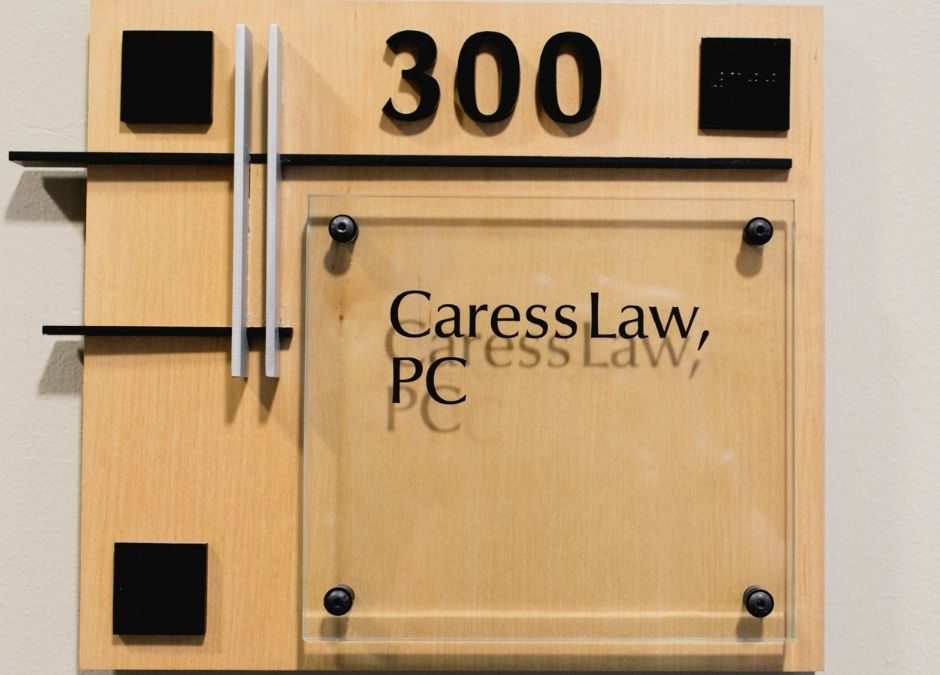Like a garden, your Estate Plan reflects the kind of care it gets. Below are a few examples of the pitfalls I have seen my clients experience over the last 15 years of practice due to an outdated estate plan.
Naming a Child on Bank Account
In theory, naming a child on a bank account will provide immediate access to funds at your death to pay for funeral expenses and various other expenses. You expect that the child will share the unused funds with his or her siblings. In practice, this typically does not occur. In fact, the child named on the account has no legal obligation to share it with anyone or use the account to pay your expenses. Ultimately, it can lead to family conflict. A change in your estate plan can accomplish your objectives without compromising family relationships while also protecting your assets for all your beneficiaries.
Adult Child or Other Individual Living in Your Home
A common scenario that almost always results in conflict is when a child or other individual is living in your home at your death. There is no rental agreement in place and no direction as to what is intended. How long will you allow the child or other individual to stay in the home after your death? Can your Trustee or Personal Representative have access to the home? Is the individual responsible for paying utilities, rent, and basic upkeep of the home? These issues must be addressed in your estate plan to allow for an orderly distribution of your assets and to minimize expensive litigation after your death. Further, if a Trustee or Personal Representative is a child or other family member, they are in a position to remove a loved one from your home. Do you want to put them in this situation?
Naming Child as Trustee or Personal Representative
It is common to name an adult child as a Trustee or Personal Representative (also called a “fiduciary”) who is responsible for settling your estate at death. Often, a client names the eldest child or co-fiduciaries to avoid the appearance of favoritism. Choosing a fiduciary in this way can lead to unnecessary problems in an estate plan.
A fiduciary is in charge of collecting your assets, paying your expenses and debts, filing tax returns, and distributing your assets to your beneficiaries. They are also required to account and report to the other trust beneficiaries while the estate is being administered. This role often requires detailed accounting, excellent communication and responsible money management; the eldest adult child may not be best suited for the challenges of this role. When it comes to naming co-fiduciaries with equal decision-making authority, even the most reasonable people may disagree at times, causing unnecessary delays and potential litigation. If fear of showing favoritism is a reality, a better option may be naming a neutral third party or professional Trustee in lieu of naming a child or co-children as fiduciaries. A professional may charge a fee; however, the relationships of your loved ones are more likely to stay in-tact after your death.
Your Estate Plan reflects the kind of care it gets
Without proper planning you are exposing your assets to litigation and increasing the chances of family discourse after your death. Reviewing your estate plan regularly with your attorney can avoid the common pitfalls discussed above and preserve those important family relationships for decades after your death. If you want to review your existing estate plan please contact our office and schedule a time to meet with us. We look forward to hearing from you.


